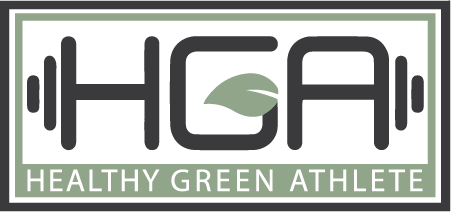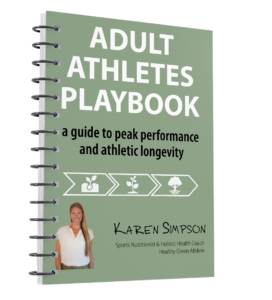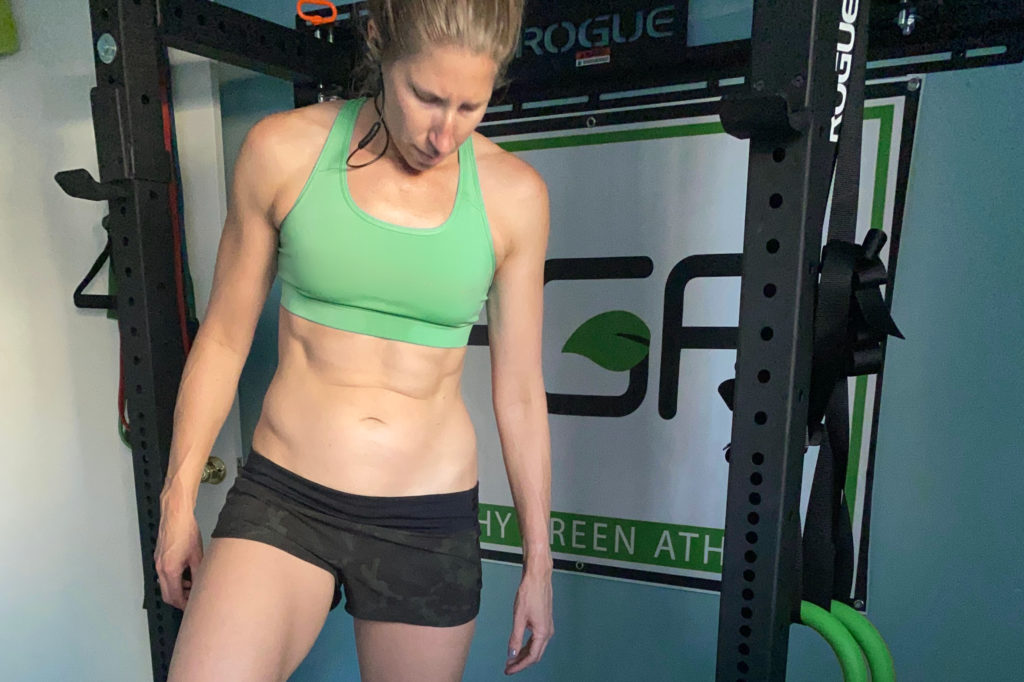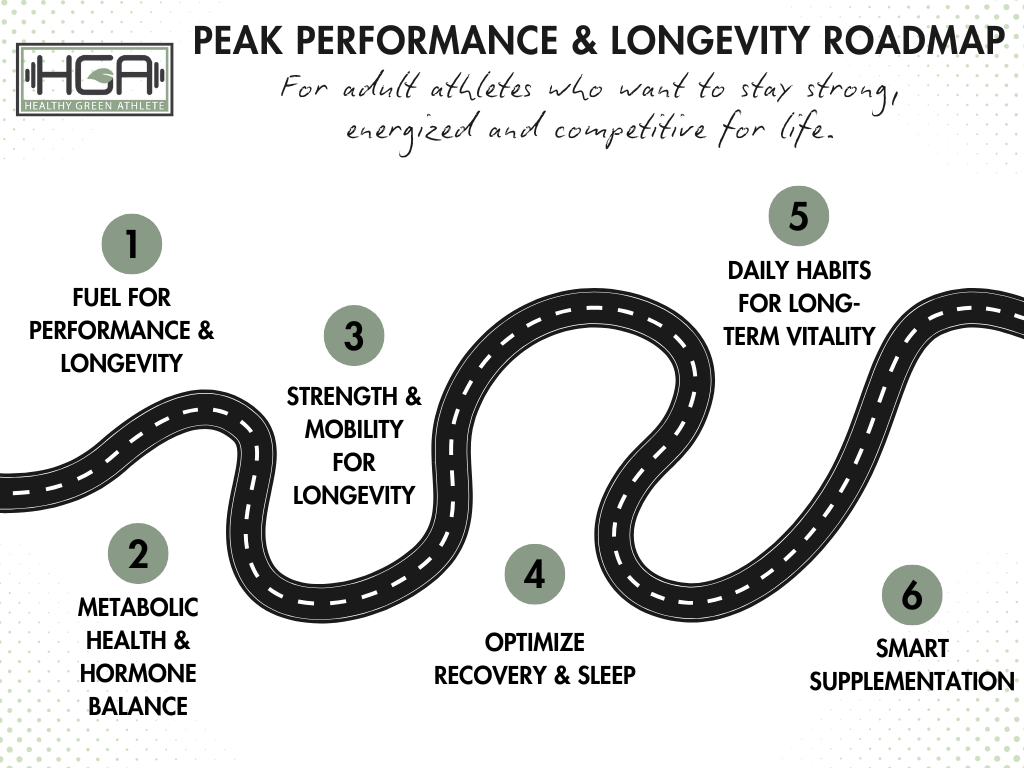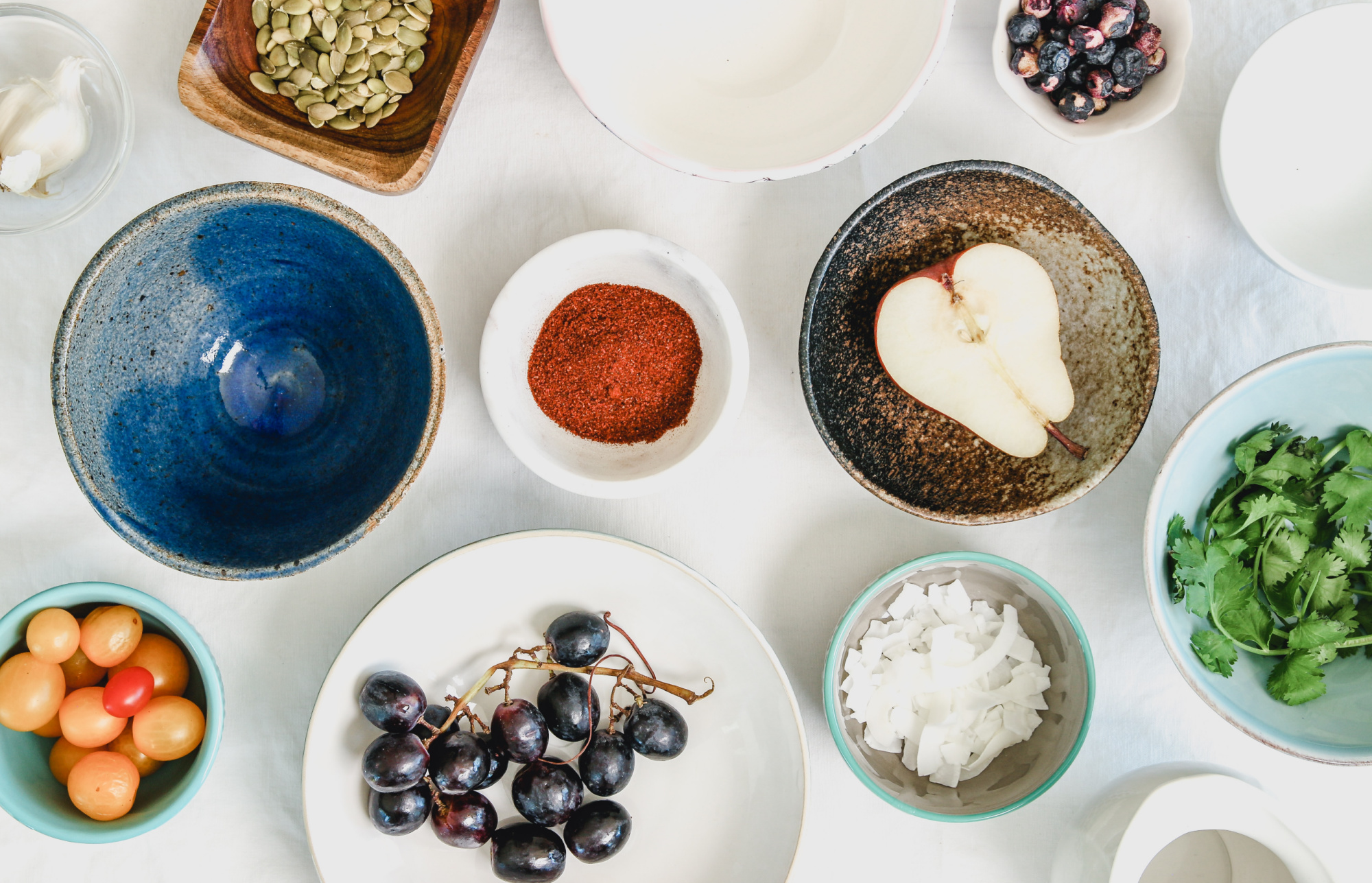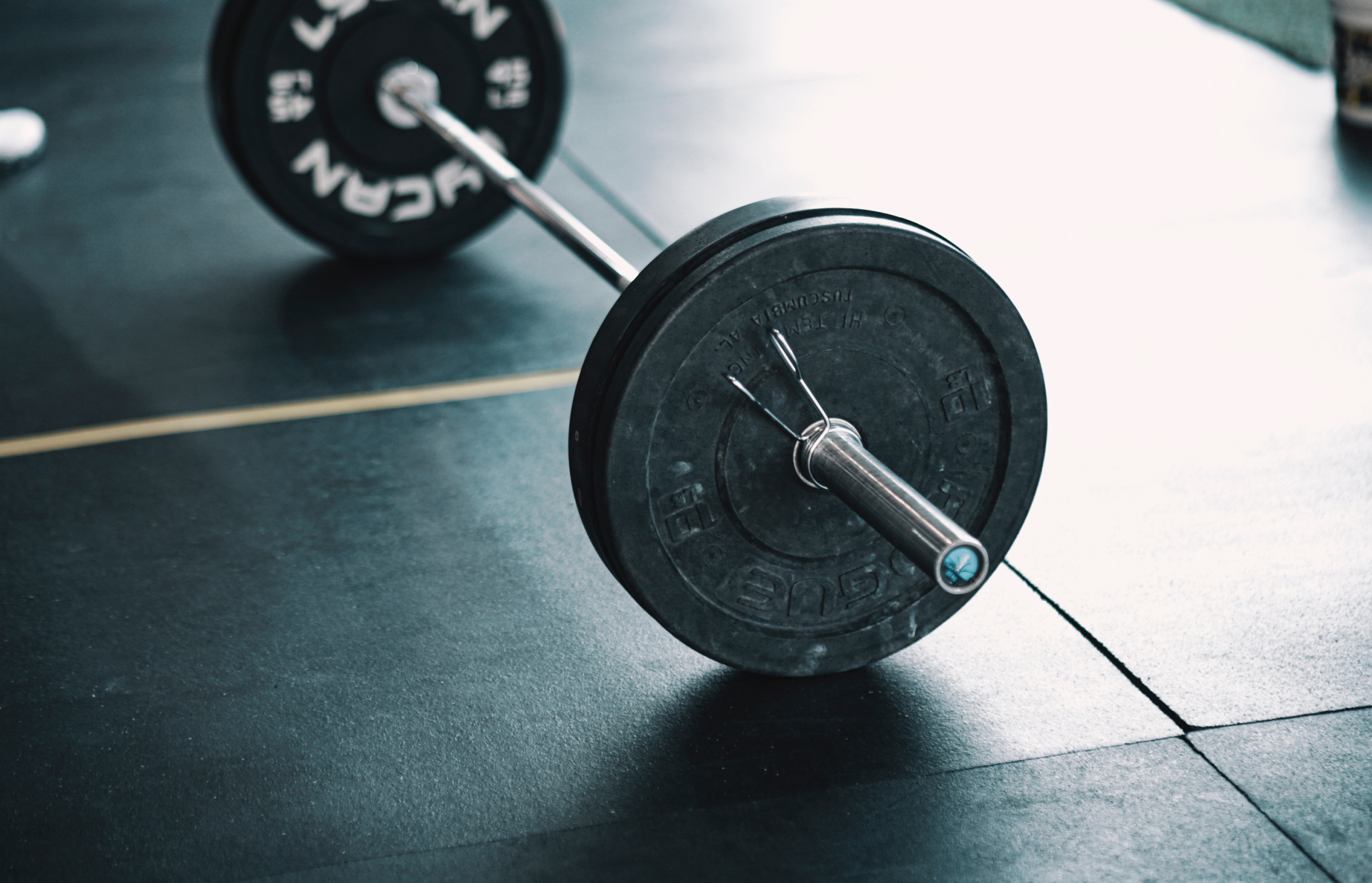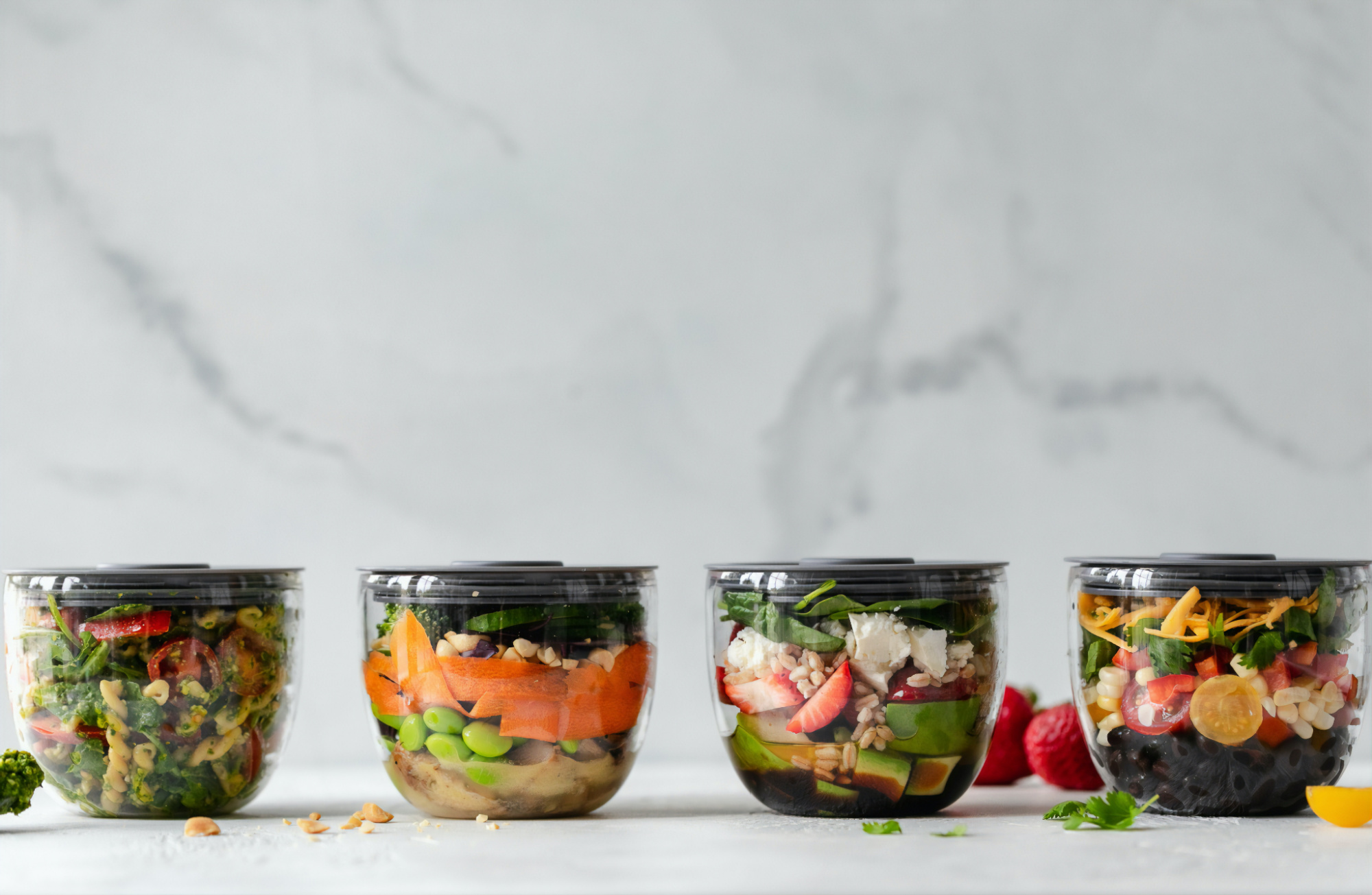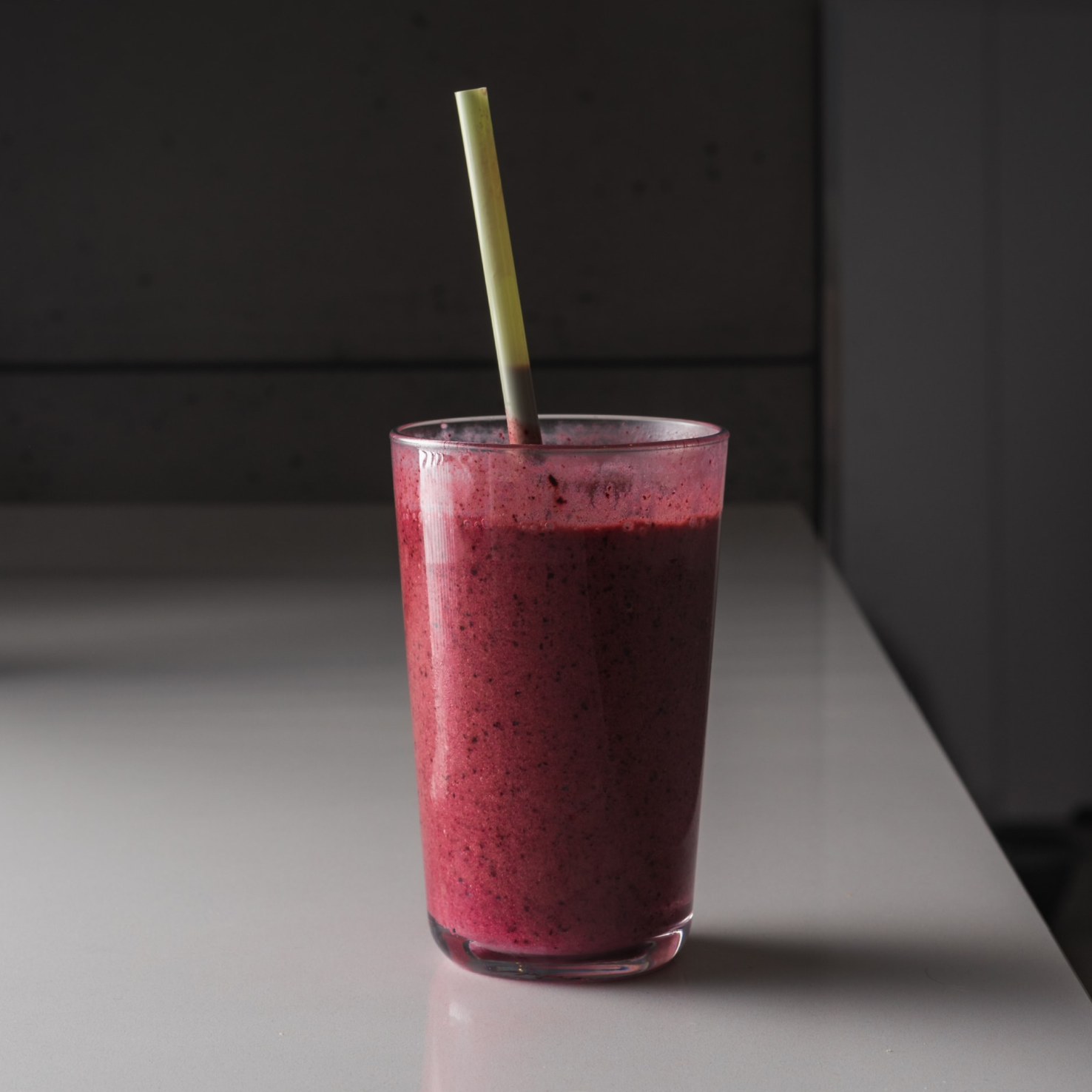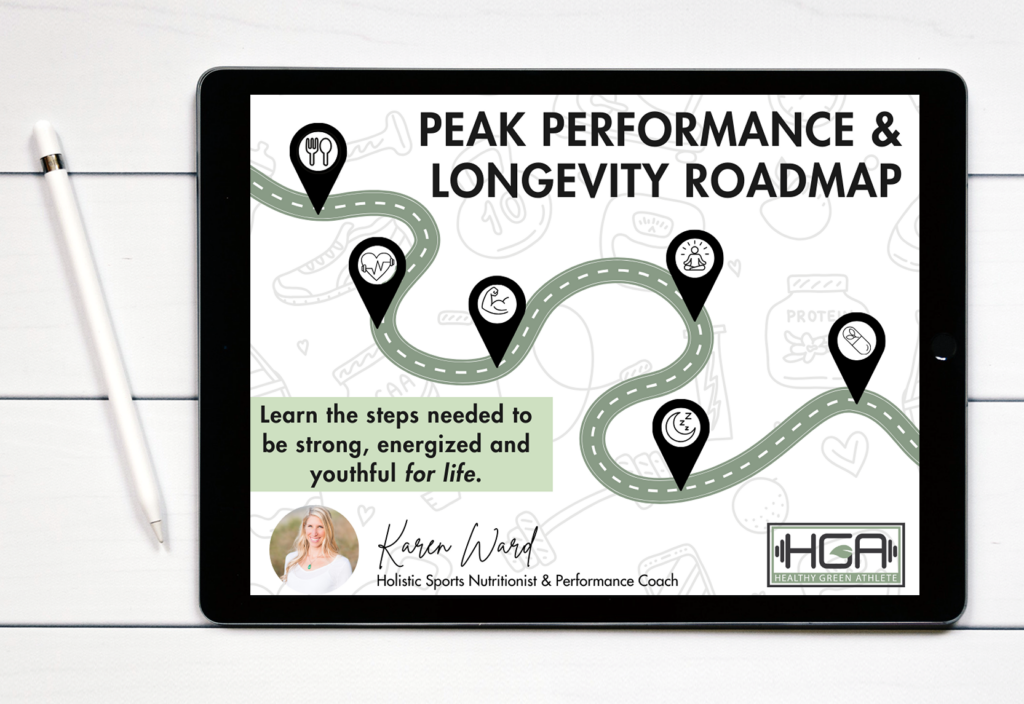Protein is a fundamental nutrient for athletes—it supports muscle growth, repair, and recovery while also playing a crucial role in overall health. Whether you’re a professional athlete or someone who enjoys training in your free time, making sure you’re getting the right amount of protein is essential for maximizing performance and maintaining your body in peak condition.
Here’s a closer look at how you can make sure you’re getting enough protein as an adult athlete, with tips for incorporating protein into your diet, understanding your protein needs, and ensuring you’re meeting those needs consistently.
Understanding your needs as an adult athlete
Your protein needs as an athlete are different from those of a sedentary individual. Active adults, particularly those involved in strength training or endurance sports, require more protein to support muscle repair, recovery, and growth. The general recommendation for protein intake in athletes is 1.2 to 2.0 grams per kilogram of body weight per day. However, this can vary depending on your specific training goals.
If you’re engaging in intense strength training or endurance sports, you may need to aim for the higher end of this range. Additionally, if you’re looking to build muscle mass, more protein will be necessary to support muscle protein synthesis.
For example, a 150-pound athlete might need around 82 to 136 grams of protein daily, depending on their training intensity and goals. It’s a good idea to track your protein intake using an app or consult with a sports nutritionist to determine your specific needs.
1. Track your protein intake
One of the easiest ways to monitor whether you’re consuming enough protein is to track your intake. There are several apps available to help with this, such as MyFitnessPal or Cronometer. These apps allow you to log the food you eat and check the amount of protein in your meals. This can help you get a clear picture of your protein consumption and determine if you need to make adjustments.
For adult athletes, a general guideline is to consume 1.2 to 2.0 grams of protein per kilogram of body weight each day, depending on the intensity of your training. If you’re unsure of how much protein you should be eating, it’s a good idea to consult with a nutritionist or dietitian who can tailor the recommendations to your specific needs.
2. Focus on protein-rich foods
The best way to meet your protein needs is to include a variety of protein-rich foods in your diet. Whole foods are the ideal sources of protein because they provide other important nutrients as well, such as vitamins, minerals, and healthy fats. Some top sources of protein for athletes include:
- Lean meats such as chicken, turkey, beef and pork
- Fish such as salmon, tuna and trout
- Eggs which contain all 9 essential amino acids
- Dairy products like Greek yogurt, cottage cheese and whole milk
- Legumes such as beans, lentils and chickpeas
- Tofu and tempeh for plant-based protein options
- Nuts and seeds such as almonds, chia seeds and hemp hearts
Aim to include protein at every meal and snack to ensure you’re consistently supporting your muscle recovery and overall health.
3. Incorporate protein supplements
If you find it difficult to meet your protein needs through food alone, consider adding a protein supplement to your routine. Whey protein is one of the most commonly used and easily digestible protein powders. It’s an excellent choice for athletes because it’s quickly absorbed by the body and supports muscle repair.
For those who are plant-based or have dairy sensitivities, plant-based protein powders like pea, hemp, or rice protein are great alternatives. Protein shakes can be a quick, convenient, and effective way to supplement your diet, especially post-workout when your body is in need of nutrients for recovery.
Here are some of my favorite options for protein supplements:
Protein shakes are a great way to quickly meet your daily protein requirements, especially after a workout when your muscles are in need of recovery nutrients.
4. Smart snacking
Athletes often need additional snacks between meals to keep their energy levels up and promote muscle recovery. Protein-rich snacks like Greek yogurt, protein bars, hard-boiled eggs, or hummus with vegetables can help fill the gap between meals and keep your body fueled throughout the day.
Make sure your snacks are balanced and provide a good source of protein to prevent hunger from affecting your workouts. For instance, you can try a protein-packed snack like a Mammoth Bar (my favorite right now), which is made with egg white protein and contains 15-19g grams of protein per bar. Here are some other great high-protein snack options:
- Greek yogurt: Rich in protein and antibiotics, makin it great for recovery and digestion (as long as you're not sensitive to dairy)
- Protein bars: Look for options with a balance of protein and carbohydrates for sustained energy
- Hard-boiled eggs: A convenient and portable snack. Prep ahead of time for a quick grab-n-go breakfast
5. Meal prepping for success
Preparing your meals in advance is one of the best ways to ensure you’re consistently meeting your protein needs. By cooking your meals ahead of time, you can control portion sizes and make sure each meal includes adequate protein. Consider preparing grilled chicken, quinoa, and roasted vegetables in bulk, or preparing a batch of chili with ground turkey and beans.
Meal prepping can help you avoid the temptation of skipping meals or reaching for processed foods that might not provide enough protein. Additionally, you can store your protein-rich meals in containers for easy access throughout the week.
In summary...
Making sure you’re getting enough protein is crucial for adult athletes who want to maintain strength, muscle mass, and performance. By tracking your protein intake, prioritizing protein-rich foods, and using supplements when necessary, you can ensure your body has the nutrients it needs to perform at its best. Whether you’re training for a marathon, competing in beach volleyball, or simply working on staying fit, protein is a fundamental part of your diet that should never be overlooked.

